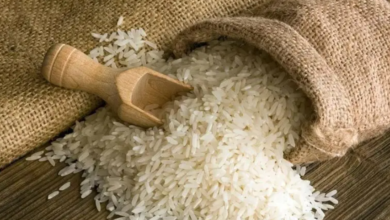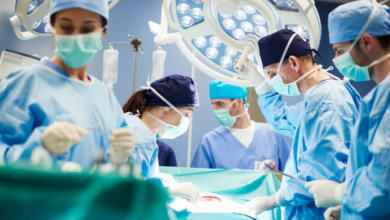Gastric bypass surgery is a life-changing procedure designed to support significant weight loss and improve overall health. Recovery involves more than just healing physically; it also means adjusting to new eating habits, lifestyle changes, and managing emotional well-being as your body adapts. For those undergoing gastric bypass in Tijuana, knowing what to expect during recovery can help ensure a smoother journey and better long-term results.
Understanding the Recovery Process
Post-surgery, patients typically spend a short time in the hospital for monitoring and to ensure there are no immediate complications. Once home, following your surgeon’s specific instructions is crucial. This includes guidelines on activity, diet progression, and wound care. Staying active without overexerting yourself helps promote healing and prevent complications like blood clots.
Nutrition During Recovery
Adjusting your diet is one of the most important steps after surgery. Initially, you will transition from liquids to pureed foods and then to soft solids. Over time, you will be able to incorporate regular healthy meals. Understanding what to eat after gastric bypass surgery is essential for maintaining weight loss and avoiding digestive discomfort. Proper nutrition not only supports healing but also helps you maintain energy levels during this transition.
Hydration and Stomach Health
After surgery, your stomach’s reduced size means that hydration must be approached carefully. Drinking small, frequent sips throughout the day is necessary to avoid dehydration. Many patients wonder about the long-term effects of certain habits, such as whether drinking water can stretch the stomach after a gastric bypass. Maintaining mindful hydration practices ensures that your stomach remains healthy and capable of supporting your new lifestyle.
Incorporating Exercise Gradually
While rest is important, incorporating light exercise as soon as your doctor approves can improve circulation, boost mood, and enhance weight loss results. Start with walking and gentle stretching before moving on to more intense workouts. Consistency is more important than intensity during the early recovery stages.
Emotional and Mental Adjustments
Gastric bypass surgery impacts not only your physical body but also your mental and emotional health. Many patients experience a range of emotions, from excitement about weight loss to frustration during the healing process. Building a support network, whether through friends, family, or patient groups, can make these changes easier to navigate.
Long-Term Commitment to Health
Recovery from gastric bypass is just the beginning. Success depends on long-term commitment to a healthy lifestyle, regular checkups, and ongoing nutritional awareness. Following your doctor’s recommendations, attending follow-up appointments, and being proactive about your well-being will help you maximize the benefits of your surgery.
Staying Informed and Prepared
Education plays a big role in your recovery success. Staying informed about possible side effects, nutritional needs, and lifestyle changes can help you avoid setbacks and make better decisions. Preparing meal plans, tracking your progress, and staying connected with healthcare providers ensures that you remain on the right path toward sustained weight loss and improved health.
Conclusion
Gastric bypass recovery is a journey that requires patience, dedication, and a willingness to adapt to a new way of living. By focusing on nutrition, hydration, physical activity, and emotional health, you can create a strong foundation for lasting success and improved quality of life.




